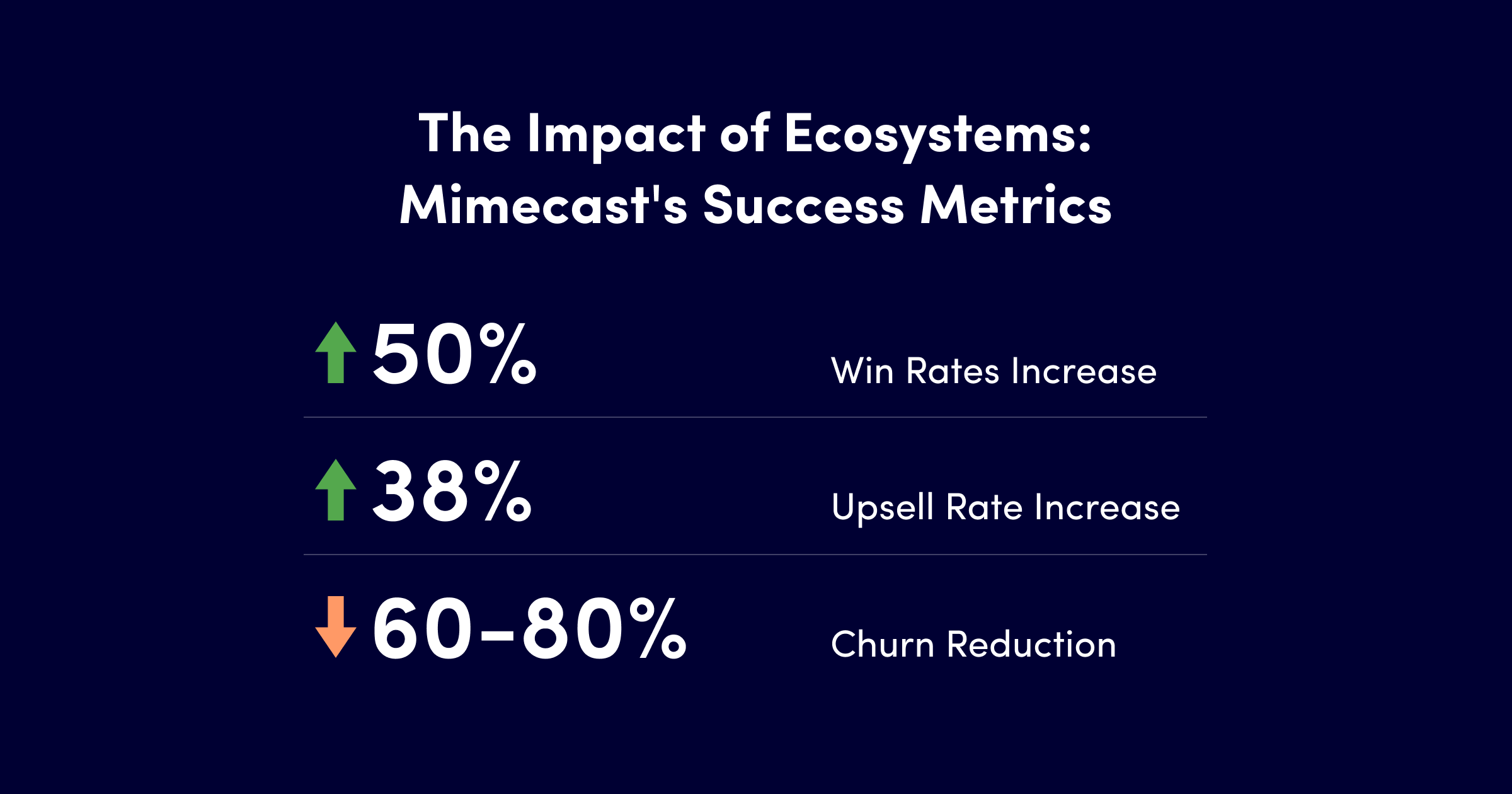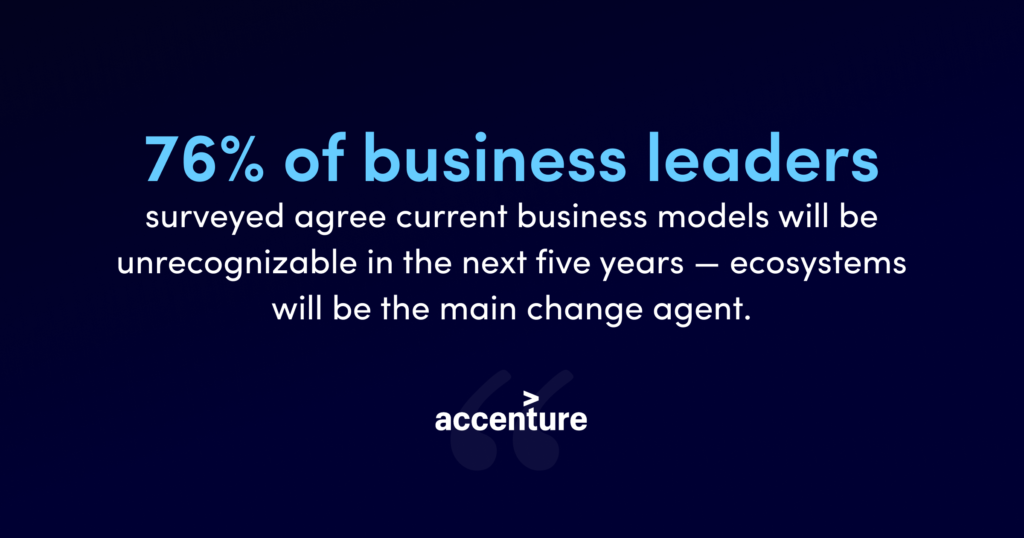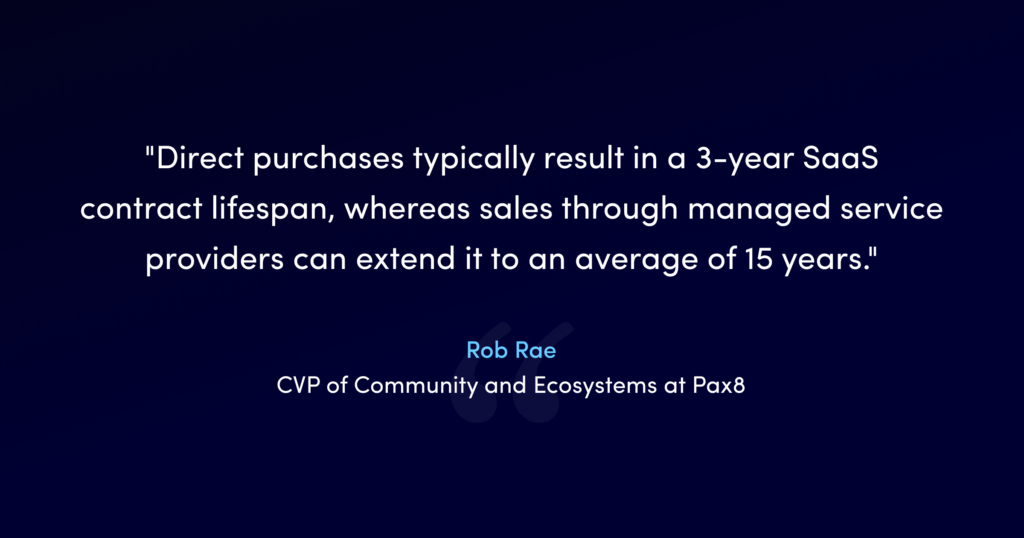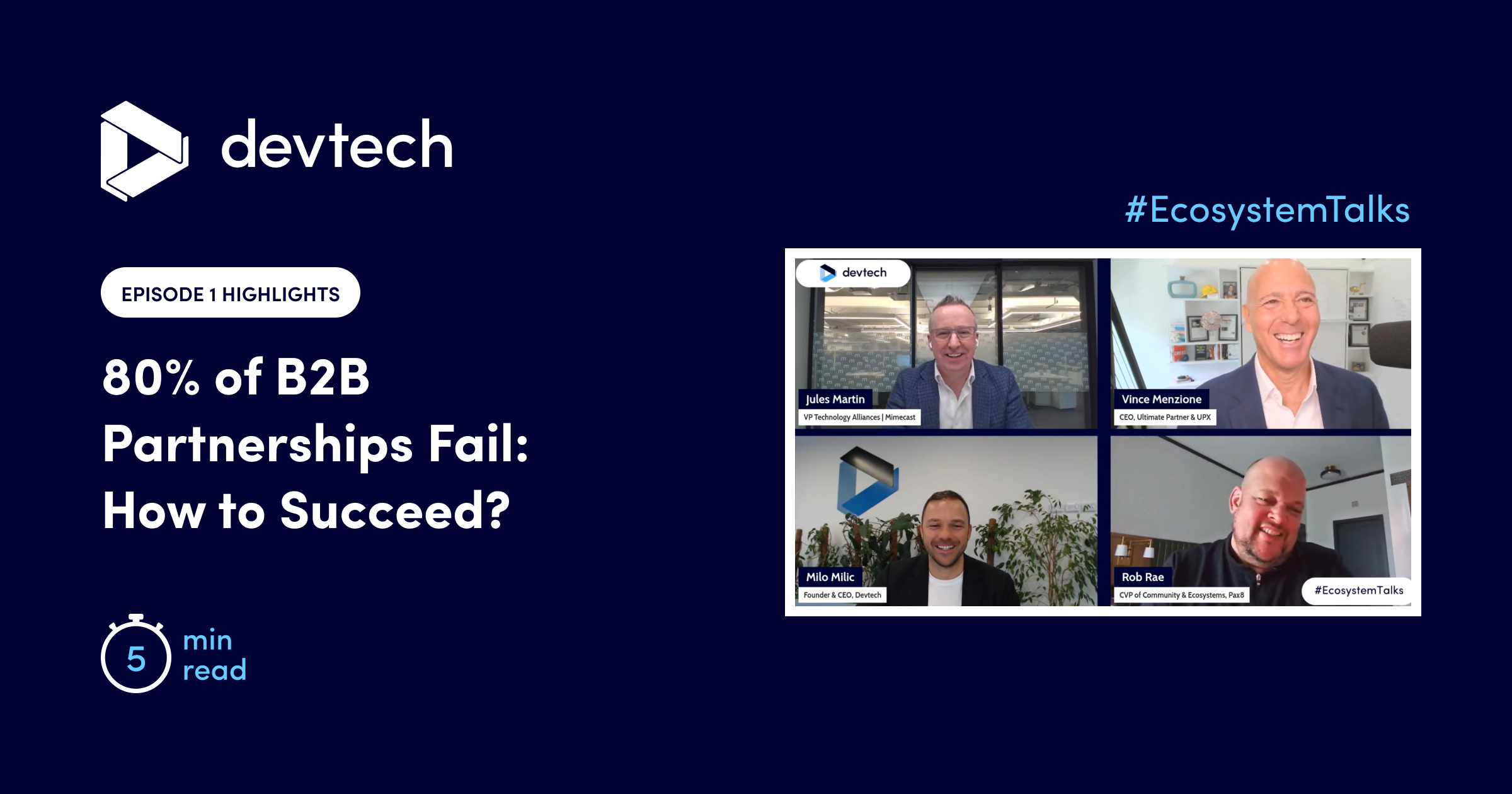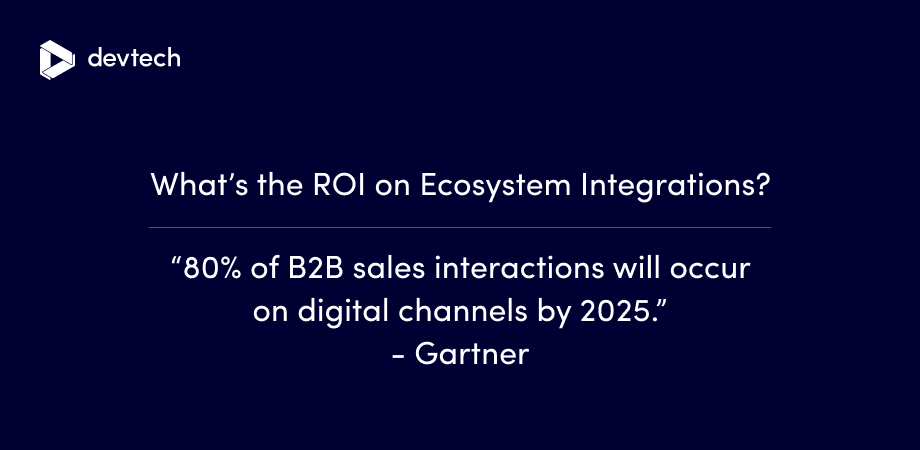The 2020s are shaping up to be a pivotal era, marked by the expanding influence of platforms and ecosystems, alongside significant shifts in consumer behavior, technological advancements, and business strategies. This transformation is largely propelled by the emergence of new ways in which we engage with technology and each other. In an Accenture survey, 76% of CEOs agree that current business models will be unrecognizable in the next five years — with ecosystems as the main change agent. Below, we delve into the key factors driving this evolution and the impact that platforms and ecosystems are having on the business landscape.
Evolving Consumer Behavior
The Pandemic’s Accelerating Effect
The COVID-19 pandemic has accelerated digital transformation at an unprecedented pace. Satya Nadella, CEO of Microsoft, famously noted that we’ve witnessed “seven years of transformation in seven months.” This rapid change has been evident in various sectors, from education with the shift towards online learning to healthcare’s embrace of telemedicine, which, despite existing for over two decades, only saw widespread adoption in the face of the pandemic. Such shifts underscore a broader change in our buying behaviors and how we access services.
The Digital-First Shift: How Millennials and Gen Z Are Reshaping Engagement and Buying Behaviors
The preferences and behaviors of millennials significantly influence current trends, with insights from Jay McBain revealing that 75% of millennials prefer digital-first or digital-only interactions. This movement towards digital-first interactions highlights the changing expectations businesses need to accommodate.
Furthermore, the emergence of Gen Z into the workforce and consumer base presents additional challenges. Projected to constitute about 25% of the workforce by 2025, Gen Z brings unique preferences and buying behaviors that depart from previous generations. Rob Rae, observing as the proud father of four Gen Z individuals, points out their approach to interactions, purchases, and views on cybersecurity, highlighting a significant paradigm shift. This generation’s reluctance to engage in traditional forms of interaction, exemplified by their aversion to even answering a doorbell in person, underscores a broader trend towards selective, digital-first human interactions.
The Shift from Push to Pull
Traditionally, marketing strategies heavily relied on pushing information to consumers. However, the landscape is now shifting towards a pull model, where consumers seek out trusted sources and solutions that meet their specific needs. Vince highlights the transition from traditional seller-driven interactions to a partnership-based approach, where consumers increasingly rely on trusted sources, such as reviews or recommendations from peers, to make technology decisions.
The Impact of Ecosystems
Strategic Partnerships and Revenue Growth
Ecosystems are not just changing consumer behavior; they’re revolutionizing how businesses operate and grow. Julian Martin underscores the critical role of strategic partnerships in aligning product development with market needs, presenting striking metrics from Mimecast’s own journey: Win rates are soaring by 50% when teaming with alliance partners, a significant upsell increase of 38%, and a remarkable reduction in churn ranging from 60% to 80%, varying by the size of the customer base. These statistics vividly demonstrate the importance of ecosystems in enhancing a company’s performance and customer retention.
Longevity Through Channels
The importance of channels in extending customer relationships and contract longevity cannot be overstated. Rob Rae points out that direct purchases typically result in a 3-year SaaS contract lifespan, whereas sales through managed service providers can extend it to an average of 15 years. This significant difference underscores the value of having a robust channel program as a cornerstone of business scalability and growth.
The Partnership Mindset in SaaS Organizations
Vince Menzione underscores the necessity of adopting a partnership mindset within SaaS organizations, marking a departure from traditional sales-centric approaches. Emphasizing new revenue opportunities, market access, and cost efficiencies, the partnership model requires an alignment of the entire C-Suite to ensure success. The transition to valuing partnerships over direct sales represents a crucial paradigm shift necessary for thriving in the current digital landscape.
In closing:
In closing: the 2020s are unequivocally the decade of platforms and ecosystems. This era is defined by a significant transformation in consumer expectations, the strategic importance of partnerships, and the profound impact of ecosystems on business models. As we navigate these changes, embracing the shift towards more interconnected and collaborative approaches will be vital for long-term success and growth.
